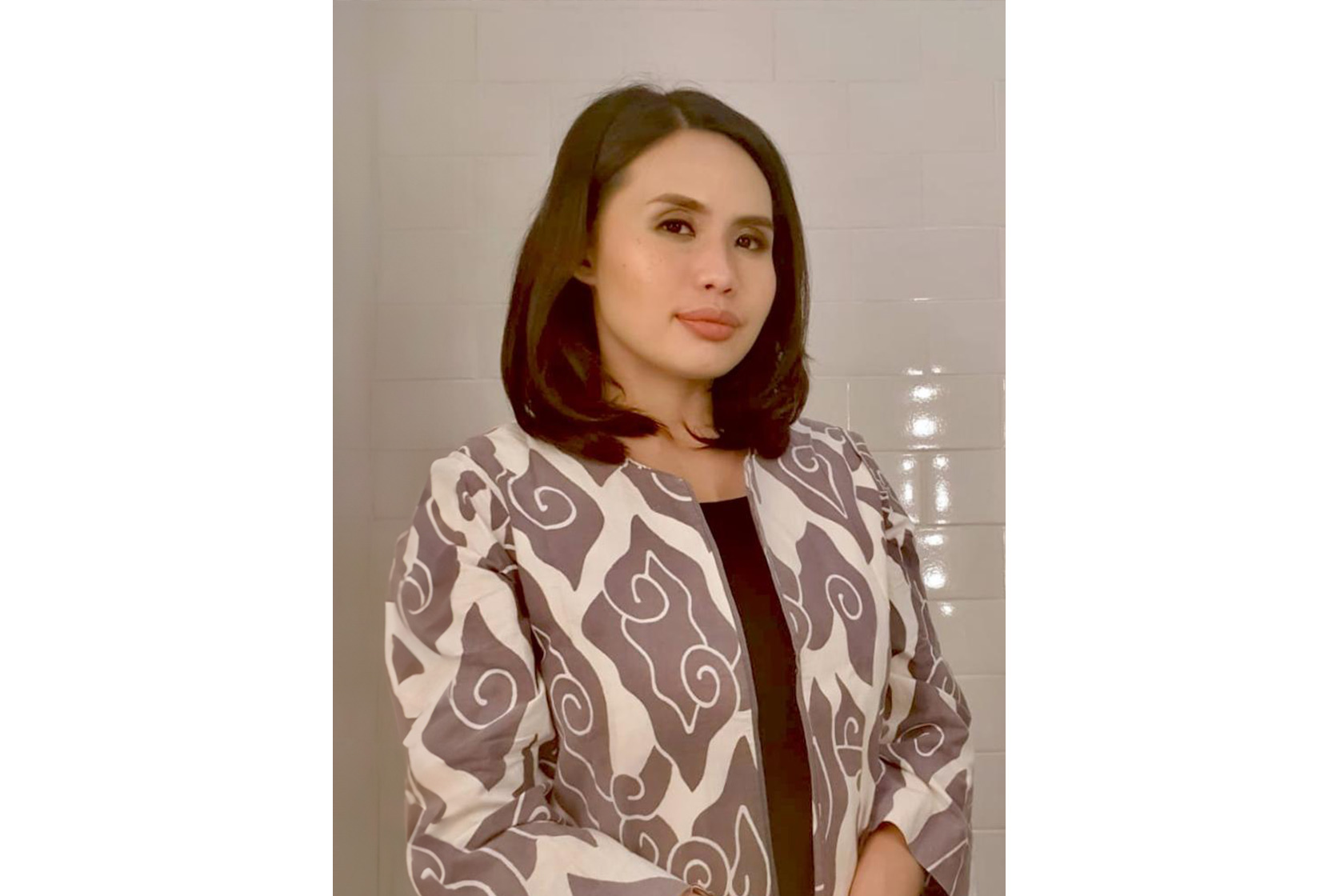
18 November 2024
From Physiotherapy to Advocacy: Wisnu Saputra’s Mission for Equal Opportunities
When Wisnu Saputra began his career as a physiotherapist in Bali, he envisioned a future focused on... Read More
The Australia Awards are prestigious, transformational scholarships and short courses offered to emerging leaders for study, research and professional development in Australia

27 Mar 2024
 Syanthy Christianty’s Eureka: Applying Insights from Short Course to Indonesia’s Largest Waste-to-Energy Project
Syanthy Christianty’s Eureka: Applying Insights from Short Course to Indonesia’s Largest Waste-to-Energy Project
It had never crossed Syanthy Christianty’s mind to study in Australia. While an undergraduate at the University of Indonesia (UI), she was set to pursue her education in Europe. However, she eventually found herself drawn to Australia through her current role as Vice President of Legal and Compliance at the Indonesia Infrastructure Guarantee Fund (IIGF).
Her interest in Australia was sparked when she learned about the Australia Awards Short Course program through her workplace. The program, run by the University of Queensland, immediately captured Syanthy's attention. She found the "Infrastructure: Financing Structures, Instruments, and Incentives" course highly relevant to her work and decided to enrol.
"Although I had never considered Australia before, I found the program incredibly relatable and applicable to my line of work," Syanthy remarked, reflecting on her unexpected journey to Australia.
Biggest WTE Project in Indonesia
During the short course, Syanthy and her group focused on a project centred on Waste to Energy (WTE). Interestingly, during this time, Syanthy was also involved in managing the Legok Nangka Waste to Energy Project at IIGF.
“It felt like the universe was aligning to assist me,” Syanthy expressed with enthusiasm when discussing her experience in the short course. She found numerous insights from other participants that could directly apply to the Legok Nangka Project.
Throughout the short course, Syanthy gained a comprehensive understanding of waste-to-energy projects. She now approaches the Legok Nangka Project with a holistic perspective, considering various aspects such as inclusivity and women empowerment rather than solely focusing on waste management.
Syanthy’s profound understanding of the WTE project enabled her to develop the guarantee structure for the Legok Nangka project at IIGF, encompassing legal, social, and environmental considerations.
The Legok Nangka waste management project in Nagreg, Bandung Regency, is on track to commence operation soon. According to West Java Governor Ridwan Kamil, it will be Indonesia’s largest Waste to Energy project, designed to process 1,800 tonnes of waste per day and generate up to 18 megawatts of electrical energy.
In addition to learning from experts, Syanthy had the opportunity to compare the efficiency of bureaucracy in Australia and Indonesia. She noted the simplicity of Australia's bureaucracy as the main factor propelling the success of the Australia WTE project.
The short course's benefits for Syanthy extended beyond knowledge acquisition. As a managerial staff member of an Indonesian State Enterprise, she gained increased confidence in decision-making.
Syanthy’s confidence grew further through discussions with participants holding higher positions, where she discovered alignment between her ideas and those of her superiors. This realisation affirmed her path and bolstered her leadership capabilities. "I feel more equipped to lead my team now," she affirmed.
Discovering Australia
Despite facing initial challenges due to the COVID-19 pandemic, Syanthy's engagement with Australia persisted as the short course transitioned to an online format via teleconference. Balancing multiple teleconferences alongside her work commitments presented difficulties in maintaining focus on the course. However, despite these challenges, Syanthy found immense value in her participation. One notable advantage was the opportunity to interact with a diverse array of participants, ranging from local government representatives to those from ministries and state enterprises (BUMN).
For Syanthy, the absence of hierarchical boundaries during these interactions was particularly noteworthy. It offered an environment conducive to brainstorming and collaboration. She remarked that such informal meetings and discussions were rare outside of the short course setting, providing her with valuable insights and ideas applicable to her work.
Reflecting on the impact of these discussions, Syanthy emphasised their openness and intensity, highlighting the invaluable output they generate. “There are no constraints during the short course, allowing discussions to be more open and intense. The output of these discussions is incredibly valuable,” Syanthy said.
During her time in the short course, Australia left a profound impression on Syanthy, prompting her to view it as a benchmark for Indonesia's infrastructure development. Consequently, with aspirations for further education, Syanthy has included Australia on her list of potential destinations for her PhD studies.
Explaining her shift in plans, Syanthy stated, “Initially, I planned to pursue my PhD in Europe, but now I am open to the idea of studying in Australia.”
When weighing her options for PhD study, Syanthy perceives no significant difference in education quality between Europe and Australia. Moreover, the lower transportation costs and closer proximity to Indonesia make Australia an enticing option for her academic endeavours.
Share this article on:
 Related Article
Related ArticleThis website uses cookies to improve your website experience. We may also use cookies to analyse website data so that we can improve our online services. To find out more visit our privacy policy.

